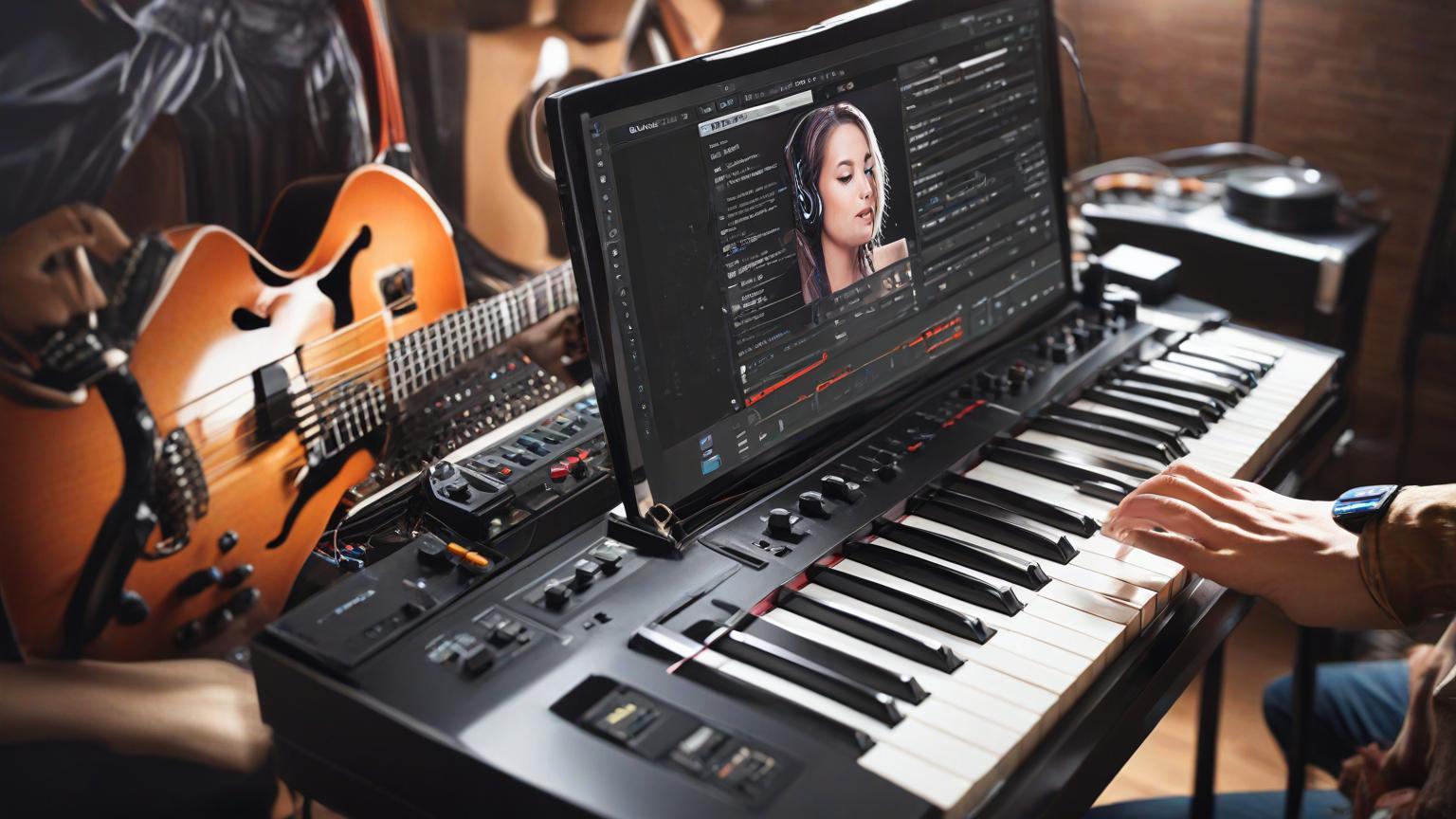In the buzzing vortex of modern music, where technology and creativity intersect like never before, artificial intelligence is making waves. While AI's capabilities are vast and ever-evolving, its impact on music is particularly intriguing, serving as both a revolutionary tool and, for some, a controversial disruptor.
Barely a decade ago, the thought of robots composing symphonies or crafting catchy pop tunes might have been dismissed as science fiction. Yet today, AI technology is crafting melodies, producing beats, and even writing lyrics. Take OpenAI's Jukebox, for example—a neural network capable of generating music in a variety of styles, complete with vocals. These advancements demonstrate AI's ability to analyze vast amounts of data, picking up on patterns humans cannot easily discern, thereby creating music that resonates with listeners.
The democratization of music creation is a significant consequence of AI's rise. Artists, now having access to sophisticated AI tools, can bypass traditional studios and produce tracks from the confines of their bedrooms. This not only allows for a greater degree of experimentation but also lowers the barriers to entry for aspiring musicians who might not have access to expensive studio time or equipment. Undoubtedly, this could lead to an organic surge in musical innovation.
However, the technology is not without its critics. There are growing concerns about authenticity and the loss of the 'human touch.' Critics argue that while AI can mimic music styles, it lacks the soulful depth and emotion stemming from genuine human experience. Furthermore, ethical dilemmas surrounding ownership arise—who truly owns a song created by a machine?
The business side of the music industry has been significantly impacted by AI as well. Streaming platforms are utilizing algorithms to better personalize user experiences. Spotify, for example, leverages AI to curate personalized playlists, providing an avenue for artists to reach potential fans they'd never have encountered otherwise. Additionally, AI-driven market analysis helps record labels to predict trends and make data-driven decisions about which artists to sign and promote.
Concerts and live performances are not exempt from this transformation. AI technology is being used to enhance visual experiences during live shows, creating immersive multimedia spectacles. From holographic performances of iconic legends to real-time sound modifications, AI is crafting unique concert experiences that push creative boundaries.
As AI weaves more intricately into the fabric of music, artists and technologists alike must grapple with questions of creative control, emotional depth, and ethical responsibility. It's a brave new world, and while the road ahead may be fraught with challenges, the potential for unprecedented artistic innovation is undeniably exciting.
Though AI will continue to shape music in ways we can hardly imagine, it's worth remembering that the core of music has always been, and always will be, about connection. Whether created by humans or machines, music remains a powerful narrative of emotion, culture, and artistry.
How the rise of AI is reshaping the music industry

